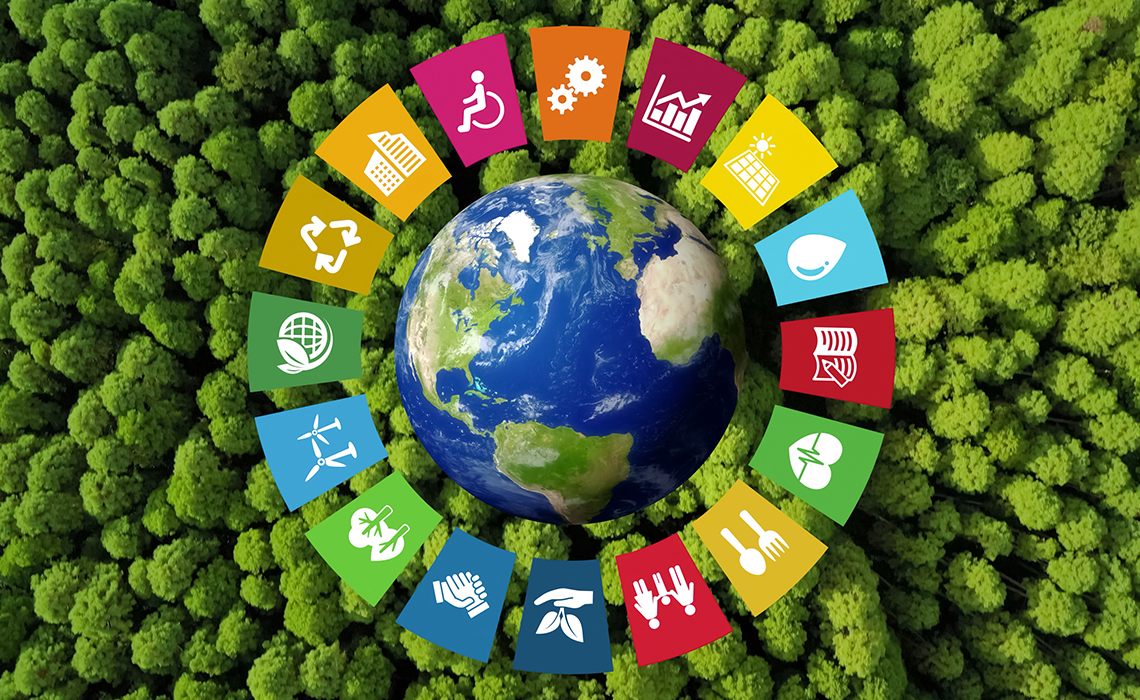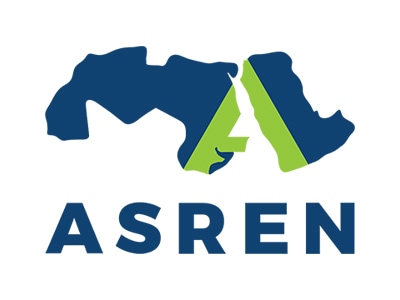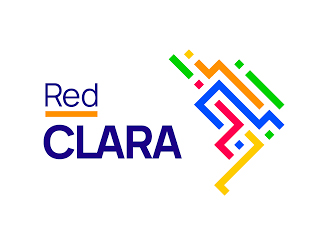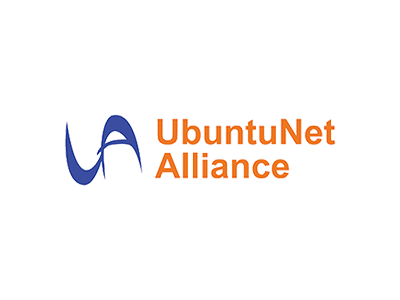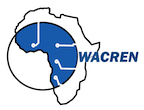Supporting the United Nations Sustainable Development Goals, the world’s shared plan to end extreme poverty, reduce inequality, and protect the planet by 2030, is a main motivation behind a new collaboration spanning across the southern part of the Atlantic Ocean. Three African regional research and education networks, and two Latin American counterparts have signed a Memorandum of Understanding. The overall idea is for the two continents to ramp up their activities in open science.
Open science is a global trend focusing on sharing of research results. Not least in the area of sustainable development, it has become obvious that sharing knowledge and scientific results is the way to accelerate progress.
Sharing experience across two continents
“There are so many commonalities and shared experiences across the two continents,” says Yousef Torman, managing director of ASREN (Arab States Research and Education Network). ASREN is one of the three African regional research and education networks taking part in the new collaboration.
National research and education networks (NRENs) in the Northern part of Africa are members of ASREN, while WACREN covers the Western and Central African countries, and the UbuntuNet Alliance is the regional network association for the Eastern and Southern NRENs in Africa. The regional networks on the Latin American side are LA Referencia and RedClara.
Equity and inclusiveness
The memorandum of understanding provides a framework for ongoing information sharing between the African research and education networks through the LIBSENSE initiative and LA Referencia / RedClara, and the potential adoption of the LA Referencia open-source discovery software in Africa. The collaboration is being fostered by COAR, the Confederation of Open Access Repositories, and with support from the pan-European GÉANT network, OpenAIRE and European Union co-funded AfricaConnect3 project.
“Equity and inclusiveness are fundamental values for our communities,” says Bianca Amaro, President of LA Referencia. “Rather than relying on centralized infrastructure and services hosted elsewhere, we aim to work together to build capacity and infrastructure in our regions that will support sustainable open science.”


